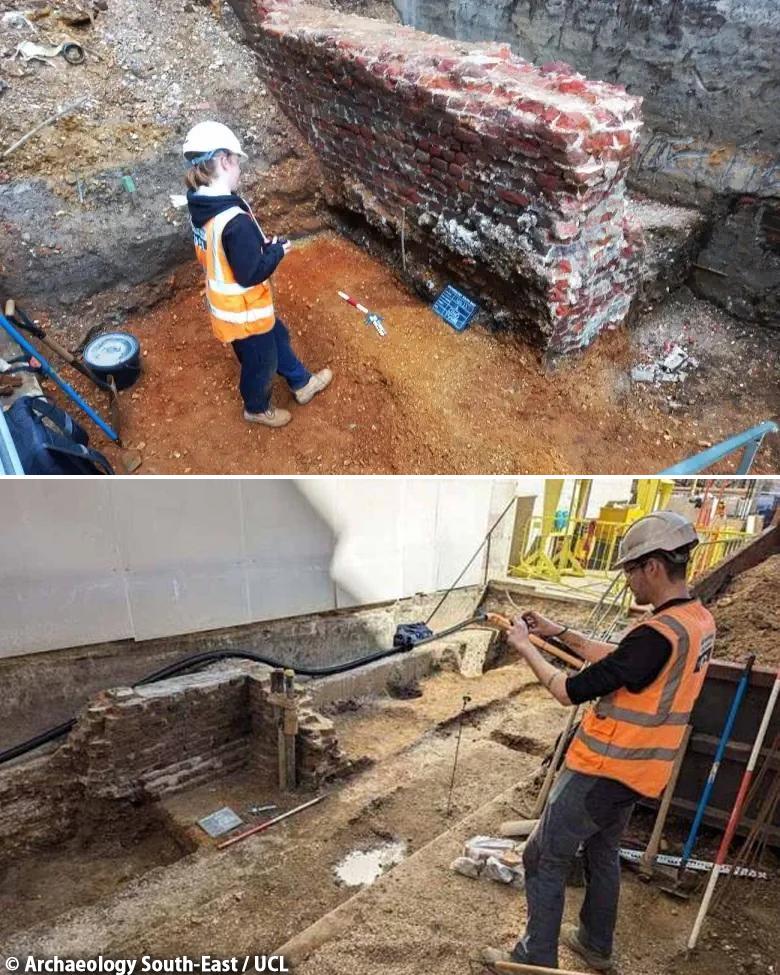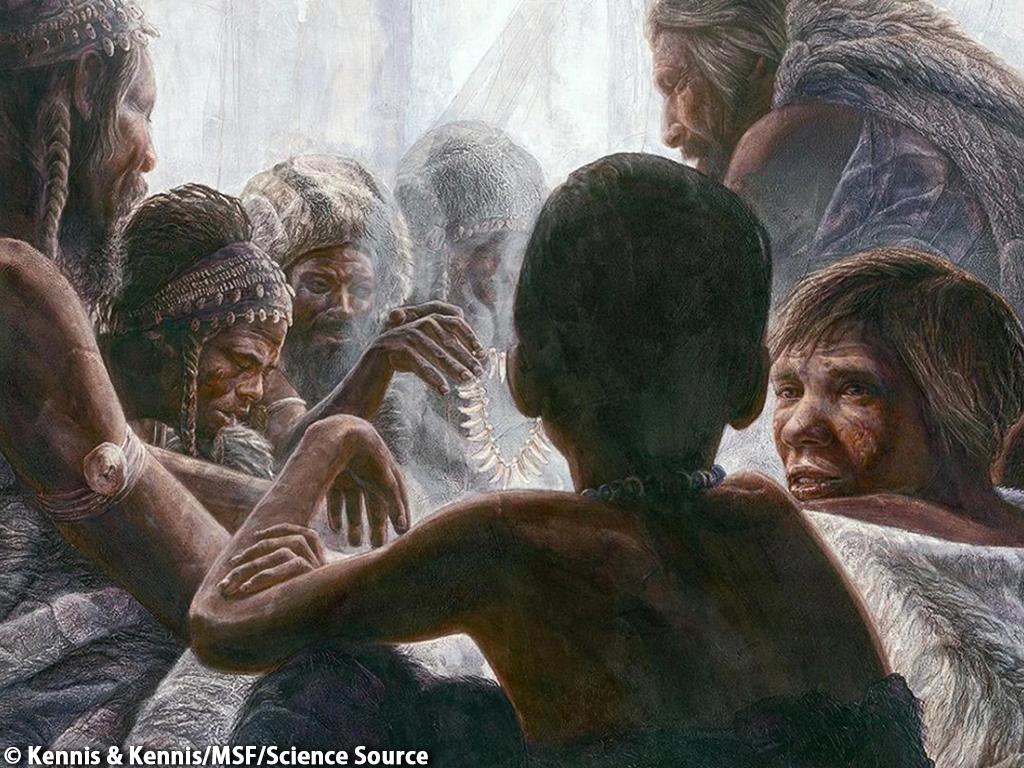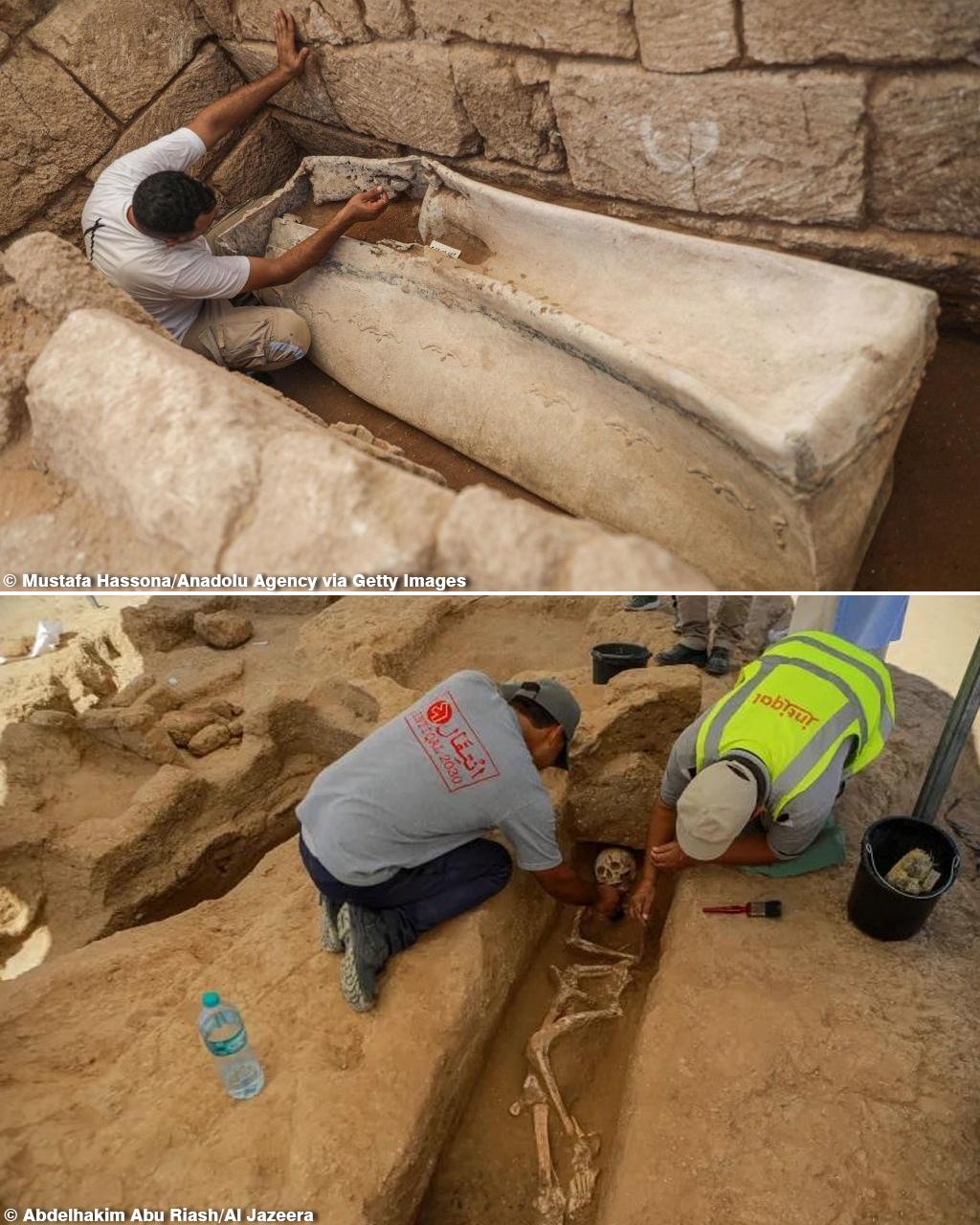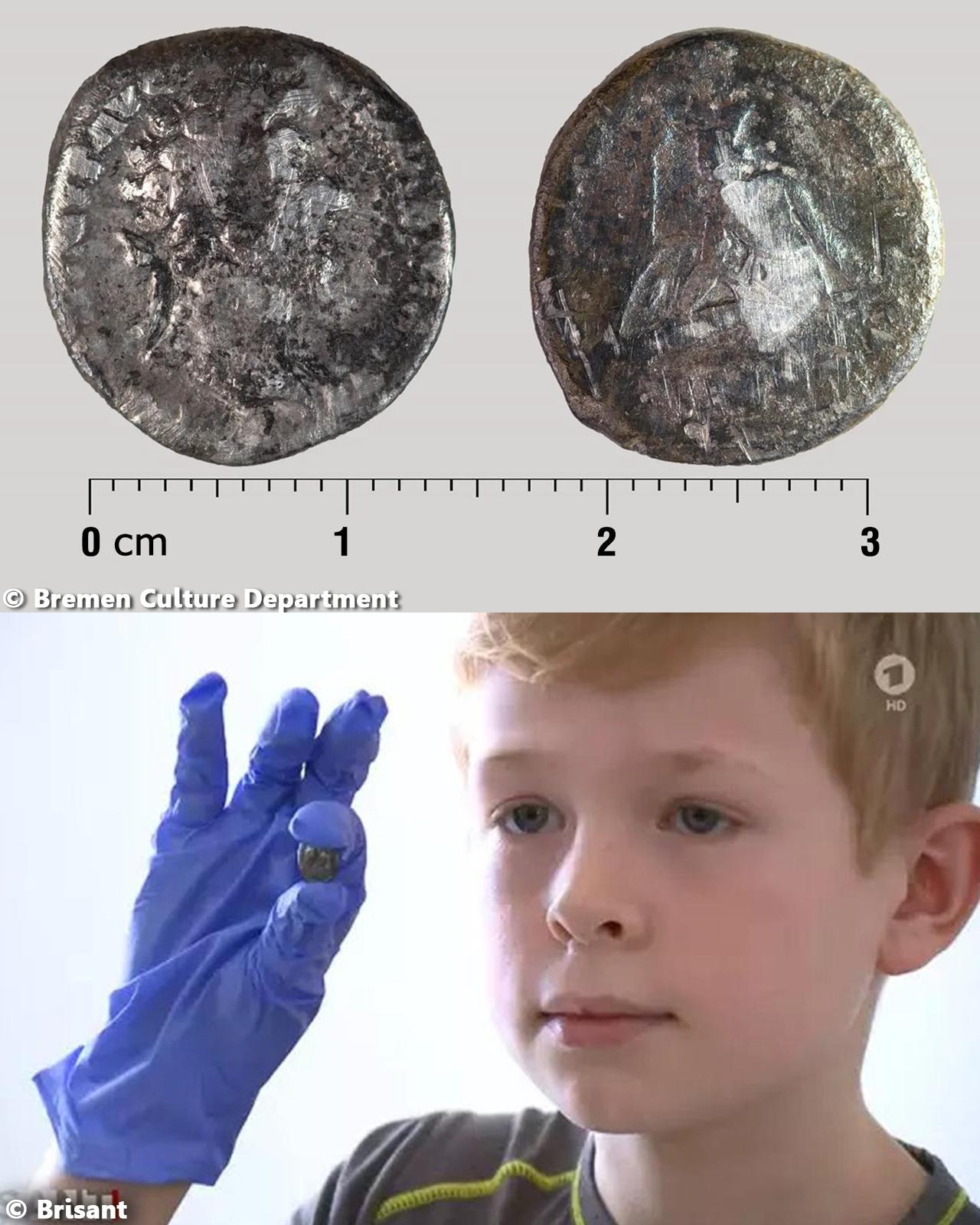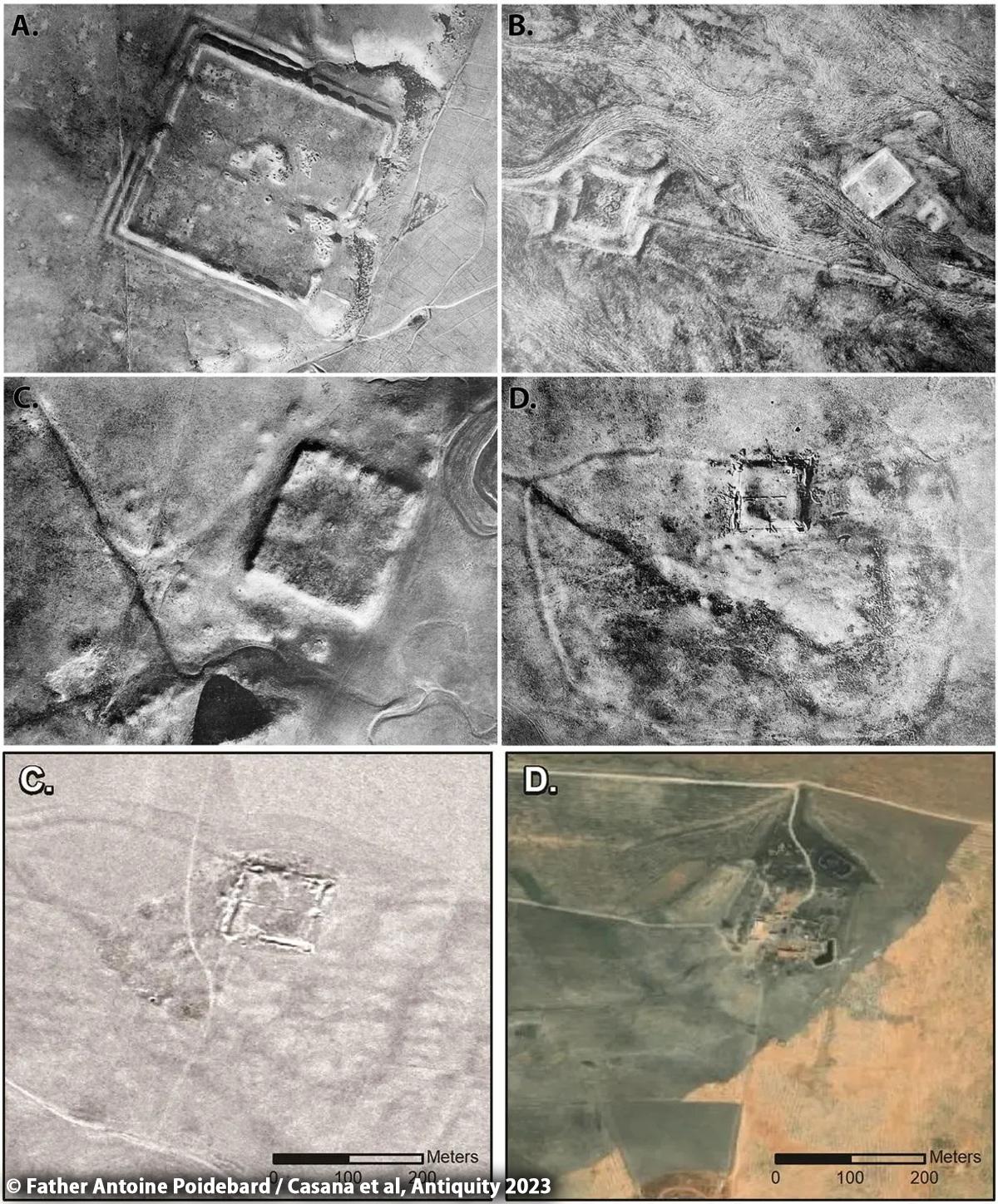Imagine receiving a passport issued to a pharaoh who ruled over ancient Egypt more than 3,000 years ago. Such a scenario may seem like the stuff of fantasy, but in 1974, it became a reality when Egypt issued a passport to none other than Ramesses II, one of its most legendary rulers.
Imagine receiving a passport issued to a pharaoh who ruled over ancient Egypt more than 3,000 years ago. Such a scenario may seem like the stuff of fantasy, but in 1974, it became a reality when Egypt issued a passport to none other than Ramesses II, one of its most legendary rulers. This extraordinary event sheds light on the enduring fascination with Egypt's ancient past and the unique challenges faced by archaeologists and historians in preserving and commemorating its illustrious heritage. Today, we embark on a journey to explore the remarkable story behind Ramesses II's passport, delving into the mysteries of ancient Egypt and the legacy of its celebrated pharaohs.

The Legacy of Ramesses II: Ramesses II, also known as Ramesses the Great, reigned over ancient Egypt from 1279 to 1213 BCE, during the New Kingdom period. He is widely regarded as one of Egypt's most powerful and influential pharaohs, known for his military conquests, grand building projects, and prolific artistic patronage. Under his rule, Egypt experienced a period of unprecedented prosperity and cultural flourishing, earning Ramesses II a place among the pantheon of Egypt's greatest rulers. His legacy endures to this day, with monuments such as the temples of Abu Simbel and the Ramesseum bearing witness to his enduring impact on Egyptian history and culture.
The Unusual Passport: In 1974, Egypt faced a unique challenge when the mummy of Ramesses II needed to be transported to France for preservation and restoration. To facilitate this journey, Egyptian authorities issued a passport in the name of the ancient pharaoh, complete with a photograph of his mummified remains. The passport, stamped with the dates of Ramesses II's reign and the notation "King (deceased)" in place of a birthdate, captured the imagination of people around the world and sparked widespread interest in Egypt's ancient past. It was a testament to the enduring legacy of Ramesses II and the innovative solutions required to preserve and commemorate Egypt's cultural heritage.
Preserving Egypt's Ancient Heritage: The issuance of a passport to Ramesses II underscores the ongoing efforts to preserve and protect Egypt's ancient heritage for future generations. From the iconic pyramids of Giza to the exquisite treasures of Tutankhamun's tomb, Egypt's archaeological sites and artifacts are invaluable windows into the past, offering insights into the lives, beliefs, and achievements of ancient Egyptians. Yet, these treasures are not immune to the ravages of time, climate change, and human intervention, making conservation and preservation efforts a matter of utmost importance. Through initiatives such as the UNESCO World Heritage Convention and collaborative projects with international partners, Egypt continues to safeguard its rich cultural heritage for posterity.
Ancient Discoveries: As we reflect on the remarkable journey of Ramesses II's passport, let us also celebrate the broader significance of ancient discoveries in shaping our understanding of the past. From the decipherment of hieroglyphs to the excavation of lost cities, these discoveries offer tantalizing glimpses into the mysteries of ancient civilizations and the ingenuity of their inhabitants. As archaeologists continue to unearth new treasures and unravel the secrets of the past, we are reminded of the profound connection between the present and the ancient world, and the timeless allure of Egypt's storied past.
Conclusion: In the annals of history, few events capture the imagination quite like the issuance of a passport to an ancient pharaoh. The story of Ramesses II's passport serves as a poignant reminder of the enduring fascination with Egypt's ancient past and the innovative approaches required to preserve and commemorate its illustrious heritage. As we bid farewell to this extraordinary chapter in Egypt's history, let us carry with us the lessons of the past and the appreciation for the enduring legacy of its celebrated pharaohs. For in the sands of time, the echoes of greatness continue to resonate, inviting us to explore, discover, and marvel at the wonders of our shared human heritage.






